Traveling trends are changing at a fast rate after the COVID-19 wave. There is a new buzz in the travel industry called “Slow Tourism” emerging. Now, What is slow tourism? let’s know about it.
Slow Tourism is a sustainable way of traveling. A slow travel strategy involves getting to know the locals and their customs, food, and music.
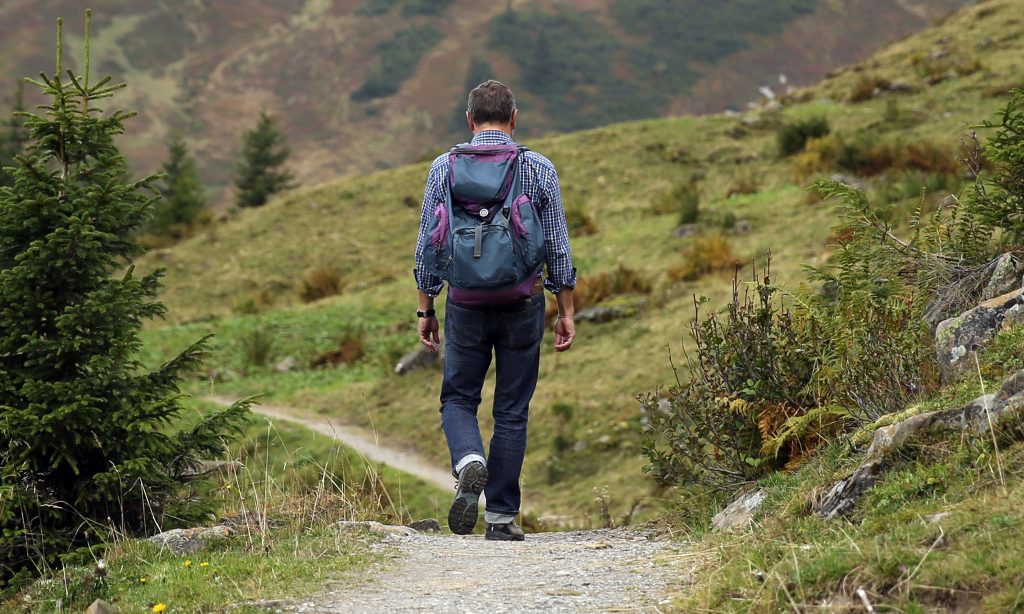
Simply said, it’s about learning to adopt the local communities’ way of life, and educating ourselves about the visited region we’ve never seen before.
It also includes travel in an environmentally friendly way and has a positive impact on our thought.
How does Slow Tourism arise?
The slow tourism arises after the pandemic i.e Covid-19. In lockdown when most people get locked in their homes they physiologically get disturbed.
When the lockdown stops they moved out of their houses and stays in hotel or resorts for a longer duration.
During the stay, they visited the local market, meet the residents of that area, eat the local cuisine. In short, they get to know the way of living of the local area people.
This makes people stay at one destination for a long time. Experience the local culture of that place. This makes them refresh and positive.
Type of Tourist
There are two types of tourists in slow tourism. First are those who stay at one destination for long period( more than 10 days). Secondly, these tourists reach one destination and move to another very slowly.
Above all, each kind of tourist explores each destination closely, other based on the activities are:
Religious trip:
Many people go on a religious trips for self-exploration. They like to do meditation.
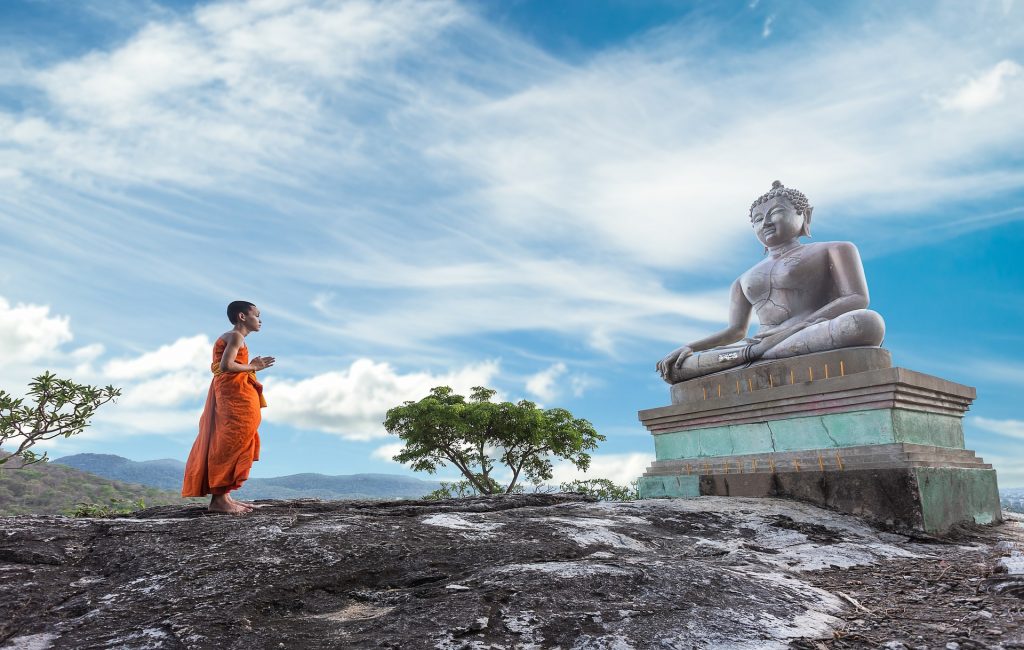
Follow the cultural lifestyle which takes them closer to spirituality. They want to feed the poor people and do donations to the temple.
Culinary tourism:
Culinary tourism is a slow style of travel that centers on eating delicious food, as the name implies.

Typically, this entails traveling to different places and trying the food at various restaurants throughout a stay. That emphasis is on real, traditional foods made using regional ingredients.
Tracking/Backpacking:
Here people do not carry much luggage with them. They just carry a few clothes and necessary items with them. It is much more like a solo trip that covers long distances.
Due to the fact that backpacking is frequently oriented toward exploration, self-discovery, and meaningful experiences so, it is a type of slow tourism.
Volunteer tourism:
The practice of traveling somewhere to provide volunteer service is known as volunteer tourism.
Travelers who volunteer can take part in a wide range of programs, including those that benefit the environment or the neighborhood.
In either case, volunteer tourism programs often involve a high level of engagement with the host society. Its duration can last a month or longer.
Hotel’s Role in Slow tourism
What is the hotel’s role? How to get prepared for it? The hoteliers have to learn about it and make themselves prepare for it. Here we will list the few ways how hoteliers can make them prepare for this trend.
Food and Beverages:
By selling regional cuisine made with seasonal and local ingredients, these establishments make it simple to include local culture. Going back to basics is a big trend that many firms have already adopted.
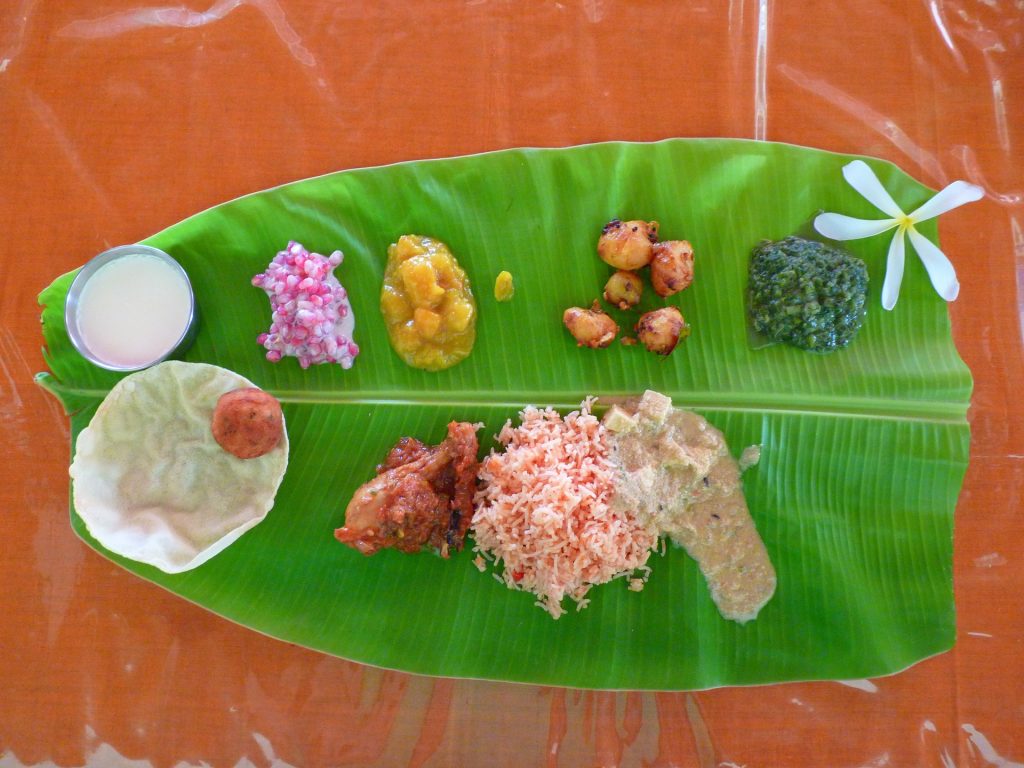
More and more, it is known that nature is preferable as we learn more about food, nutrition, and the environment.
For instance, when we move toward South India the South Indian platter has coconut oil used for cooking with mustard seeds, and the food is served in banana leaves.
Sustainable Use of Technology:
The technology is useful to provide ease to customers and return a good profit. The sustainable use of technology means using the technology without harming the environment.
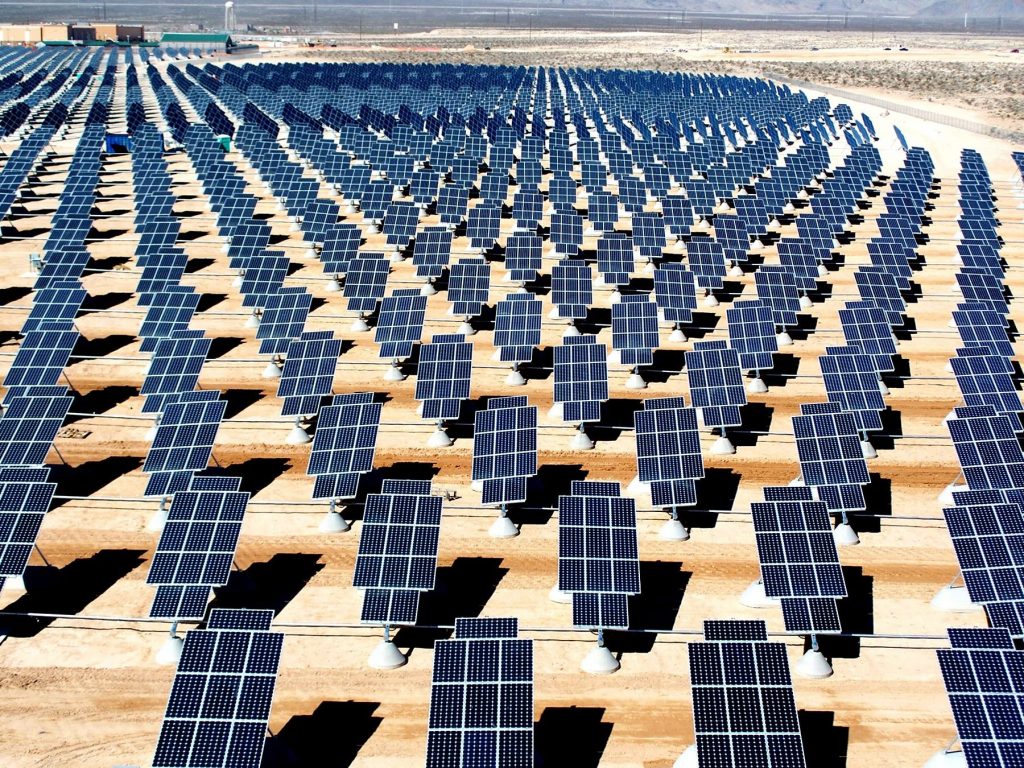
For example, the use of solar energy for electricity. This is useful as a water heater and solar light. This will attract the customers that you are close to nature and your profit will increase.
Eco-Friendly Transportation:
Hoteliers should promote the practices of electronic vehicles on the premises of the hotel. Pick and drop service from the hotel to any stop(airport, railway station). Moreover, you can use the bicycle as the mean of transportation.
Benefit Of Slow Tourism
There are multiple benefits of slow tourism for hoteliers and travelers. This is the trending way of traveling and multiple benefits are seen for it.
Cheaper Cost For Travelers:
Slow tourism requires a long duration of stay so it is not feasible and very expensive to stay in branded hotel.
Travelers generally used to stay in hotels or rooms for rent. They get a small kitchen for themself. Here they cook the meals by getting the local spices. As a result, in cost savings and they can enjoy the local cuisine.
Promote Eco-Friendly Tourism
It’s better for the environment around you in addition to being good for you. The ecology gets impact by travel and tourism.
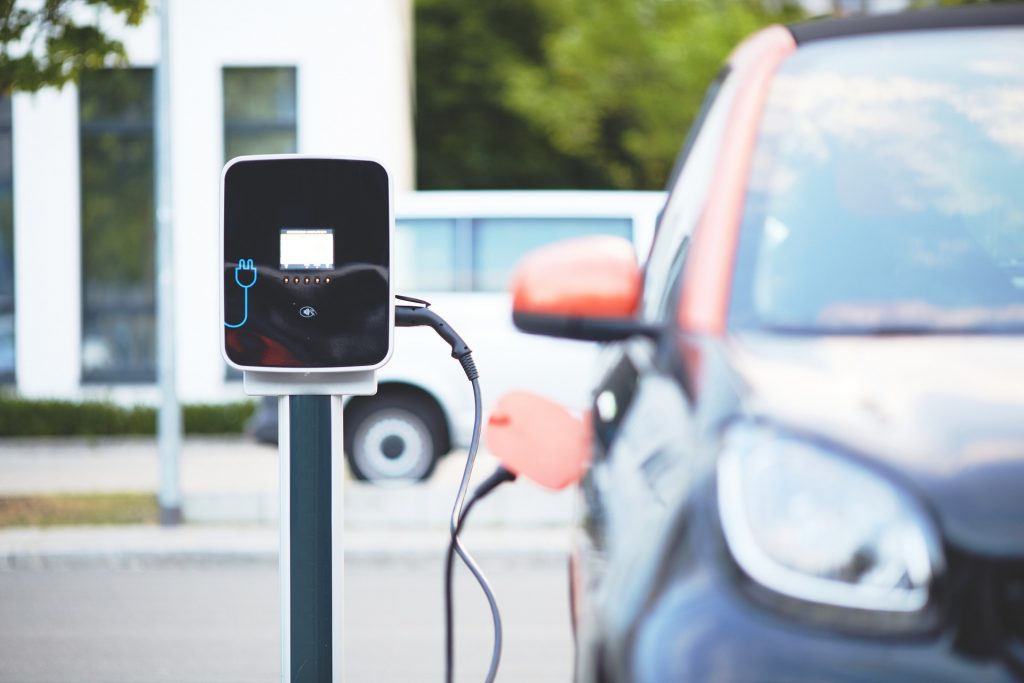
We may limit the harm that carbon emissions cause to the environment by choosing to travel slowly. Avoiding high-carbon-emission modes of transportation requires slow travel.
Reduce The Stress Level
Traveling slowly can help you relieve stress and anxiety because urban city living typically hurts your health.
Here, travelers wouldn’t be in a race against time, so they could sleep for longer periods, and make up for all the sleep they’ve missed.
Life will slow down, so here they have more time to recharge. Since they are not in hurry to move from one place to another. Therefore, their body begins to release calming hormones, which also helps to restore mental health and tranquillity.
Please Share Views In The Comment Box.
That’s all for “What is Slow Tourism? New Emerging Traveling Trends”
Above all, if you want to learn about the functionality of QloApps then you can visit this link:
Qlo Reservation System – Free Open-Source Hotel Booking & Reservation System.
In case of any query, issue, or requirement please feel free to raise it on QloApps Forum.
Moreover, you can raise a ticket to connect with our experts for any assistance

Be the first to comment.